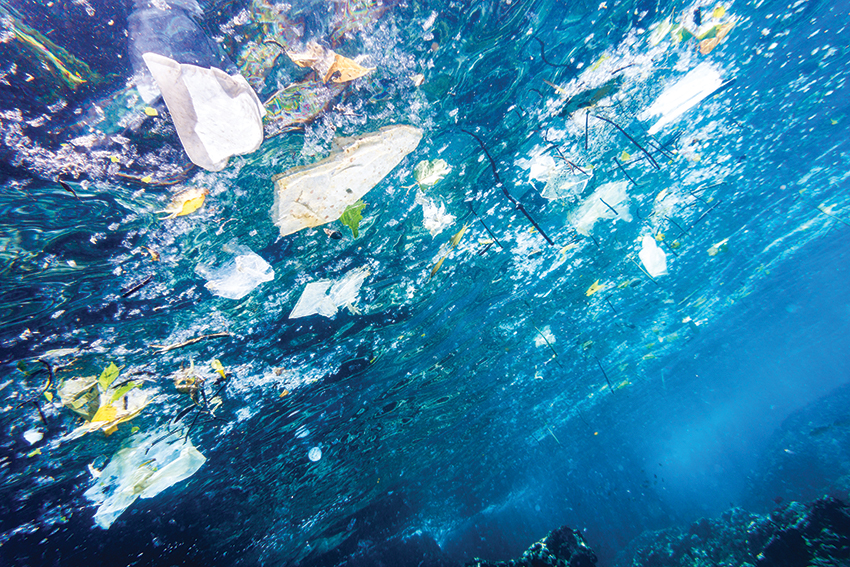
A landmark decision to reduce the world’s pollution from plastic waste has been agreed upon by more than 180 countries.
Approximately 187 governments agreed to adopt a raft of decisions aimed at protecting human health and the environment from the harmful effects of hazardous chemicals and waste, following a two-week meeting of United Nations-backed conventions in Geneva.
Governments amended the Basel Convention to include plastic waste in a legally-binding framework which will make global trade in plastic waste more transparent and better regulated, whilst also ensuring that its management is safer for human health and the environment.
At the same time, a new Partnership on Plastic Waste was established to mobilise business, government, academic and civil society resources, interests and expertise to assist in implementing the new measures, to provide a set of practical supports – including tools, best practices, technical and financial assistance – for this ground-breaking agreement.
Pollution from plastic waste, acknowledged as a major environmental problem of global concern, has reached epidemic proportions with an estimated 100 million tonnes of plastic now found in the oceans, 80-90 per cent of which comes from land-based sources.
Other far-reaching decisions from the two weeks included the elimination of two toxic chemical groups, which together total about 4,000 chemicals, listed into Annex A of the Stockholm Convention, namely Dicofol and Perfluorooctanoic Acid, and its salts and related compounds.
The latter has till now been used in a wide variety of industrial and domestic applications including non-stick cookware and food processing equipment, as well as a surfactant in textiles, carpets, paper, paints and fire-fighting foams.
Working for two weeks in Geneva under the theme of “Clean Planet, Healthy People: Sound Management of Chemicals and Waste”, approximately 1400 delegates from around 180 countries converged for the meetings of the Conferences of Parties to the Basel, Rotterdam and Stockholm conventions.
Speaking at the closing session of the COPs, Rolph Payet, UN Environment’s executive secretary of the three conventions for, said: “I’m proud that this week in Geneva, Parties to the Basel Convention have reached agreement on a legally-binding, globally-reaching mechanism for managing plastic waste. Plastic waste is acknowledged as one of the world’s most pressing environmental issues, and the fact that this week close to 1 million people around the world signed a petition urging Basel Convention Parties to take action here in Geneva at the COPs is a sign that public awareness and desire for action is high.”
Comment below to have your say on this story.
If you have a news story or tip-off, get in touch at info@13.238.154.125.
Sign up to INCLEAN NZ’s newsletter.